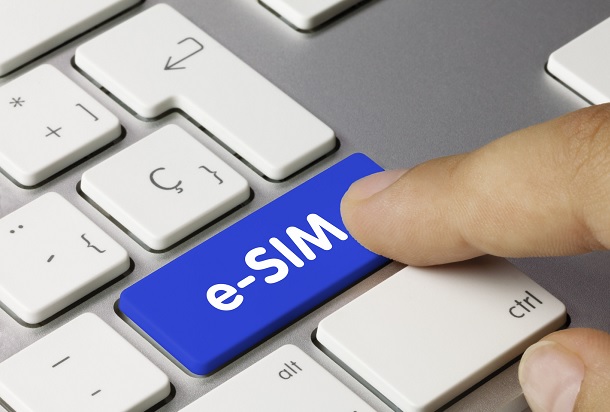The eSIM market will almost break through the one billion shipments mark by 2021, driven by M2M and handset adoption, a new report has claimed.
Research house IHS Markit said eSIMs will grow from 108.9 million shipments last year to 986 million by 2021.
Short-term growth will be fuelled by wearables, consumer electronics and the Internet of Things, but it would only be when eSIM is widely adopted in the consumer handset market that sales will really take off, the report claimed.
It noted several advantages of eSIM including lower priced connected devices, because a SIM can be soldered into a device and then programmed remotely, and an improved and greater flexibility of customer experience.
For operators, eSIMs can reduce the handling and integration costs and help them move further into the Internet of Things and connected car market.
[Read more: Security, IoT at the centre of SIMs’ future, claims SIMalliance chair]
While there are no eSIMs currently in smartphones, the report said adoption is expected to take place from next year, fuelled by backing from the GSMA.
IHS predicted it will be lower-tier handsets that will first adopt the technology to test the market.
The big three of Samsung, Apple and Huawei will then follow in 2019, when IHS expects the market to shift in earnest.
One consequence of this will be an increase in sales of SIM card integrated circuits, which are more expensive than those on removable SIMs.
However, analysts stressed removable SIM cards will not die out completely. They predicted they would decline from 5.4 billion shipments last year, or a 98 percent share, to 5.1 billion in 2021, or a 83.9 percent share.



